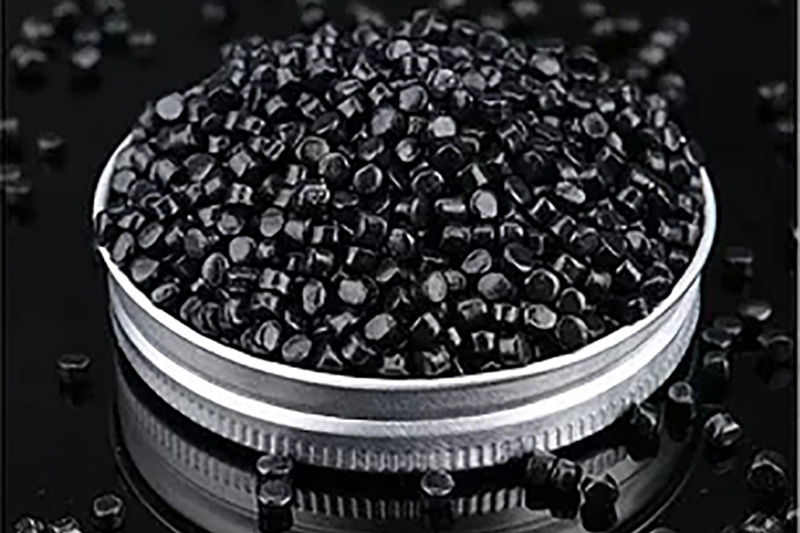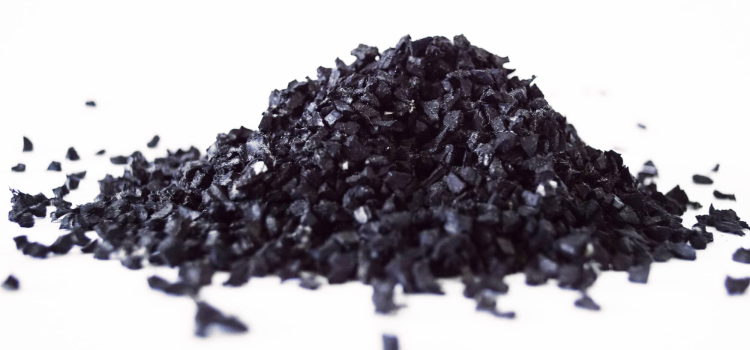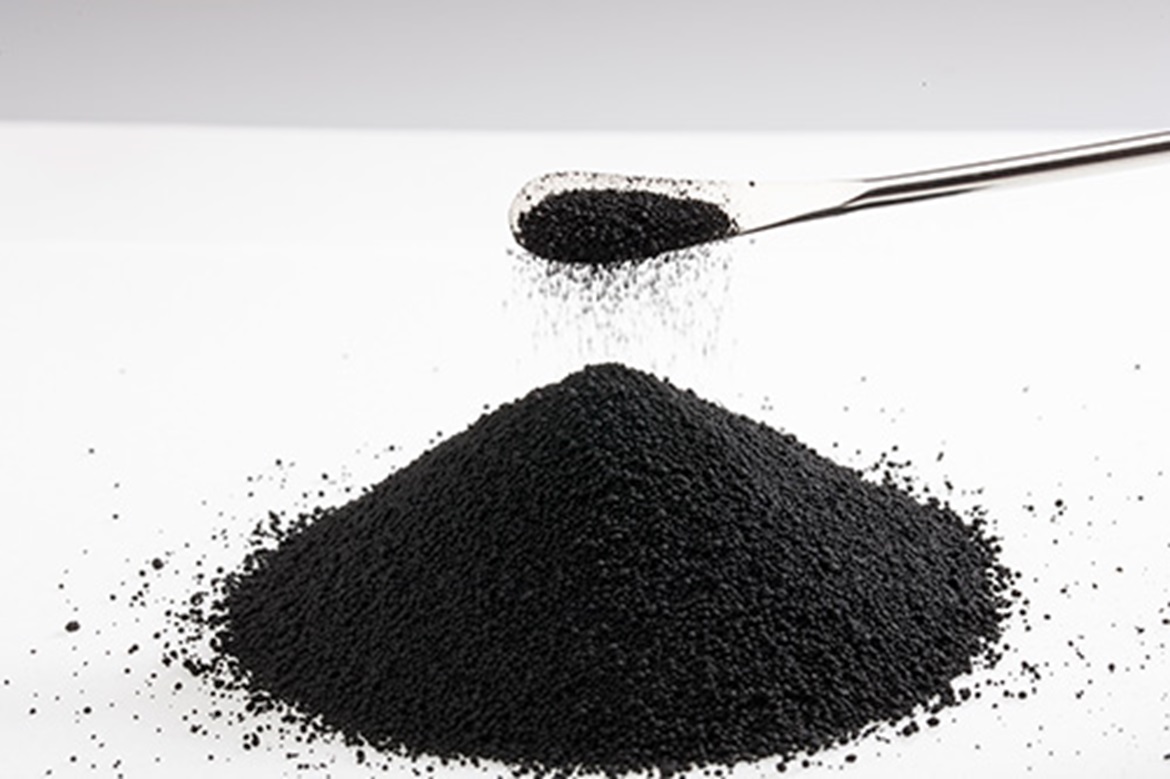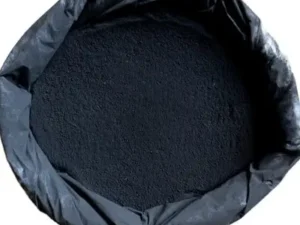Description
Beyond Black: Unveiling the Versatility of Specialty Carbon Black
Carbon black, the ubiquitous black pigment found in everything from tires to plastics, is often perceived as a commodity. However, a closer look reveals a fascinating world of specialty carbon black, a class of engineered materials that go far beyond simple coloring agents. These highly tailored carbon blacks possess unique properties and functionalities, making them indispensable in a diverse array of high-performance applications.
While standard carbon black primarily provides reinforcement and UV protection, specialty carbon black offers a spectrum of functionalities, driven by precisely controlled particle size, structure, and surface chemistry. This meticulous engineering allows industries to fine-tune the performance of their products, enhancing properties like conductivity, opacity, and even biocompatibility.
What sets Specialty Carbon Black Apart?
The key difference lies in the manufacturing process and stringent quality control. Specialty carbon black is produced using refined processes like the impingement process, which allows for precise control over particle size and morphology. This level of control translates into a range of tailored properties:
- Particle Size & Distribution: Smaller particle sizes provide higher blackness and enhanced UV absorption, crucial for coatings and inks.
- Structure: The degree of particle aggregation, or structure, impacts viscosity, conductivity, and reinforcement in polymers.
- Surface Chemistry: Surface modifications can enhance compatibility with specific matrices, improving dispersion and overall performance.
A World of Applications:
The versatility of specialty carbon black unlocks a vast array of applications across various industries:
- Coatings & Inks: Specialty carbon blacks provide exceptional jetness, UV protection, and dispersion stability for high-performance coatings, inks, and toners. They are crucial in automotive coatings, architectural paints, and specialty inks for demanding applications.
- Plastics: Beyond reinforcement, specialty carbon blacks enhance conductivity in antistatic or conductive polymers used in electronics, packaging, and automotive components. They also improve UV stability and color strength in plastics.
- Batteries: In lithium-ion batteries, specialty carbon black serves as a conductive additive in electrode materials, improving electron transport and overall battery performance.
- Medical Devices: Biocompatible grades of specialty carbon black are used in medical devices and implants, often as contrast agents for imaging or to enhance the mechanical properties of biomaterials.
- Rubber & Elastomers: While regular carbon black is predominantly used in tires, specialty carbon black finds its niche in high-performance rubber applications like seals, hoses, and vibration dampening components, offering superior abrasion resistance and tear strength.
The Future is Bright (Despite the Blackness):
The demand for specialty carbon black is expected to grow significantly in the coming years, driven by:
- Increasing Electrification: The rise of electric vehicles and energy storage systems fuels the need for high-performance batteries, where specialty carbon black plays a crucial role.
- Advanced Electronics: The miniaturization and increased functionality of electronic devices require materials with enhanced conductivity and shielding properties, driving demand for conductive carbon black fillers.
- Sustainable Solutions: Ongoing research focuses on bio-based and recycled sources for specialty carbon black production, aligning with increasing sustainability demands.
In conclusion, specialty carbon black is a powerful tool for engineers and scientists looking to push the boundaries of material performance. By carefully tailoring its properties, manufacturers can unlock a world of possibilities, creating innovative products that touch our lives in countless ways. So, next time you see a vibrant black coating or a high-performance battery, remember the unsung hero: specialty carbon black, a testament to the power of engineered materials.











Reviews
There are no reviews yet.